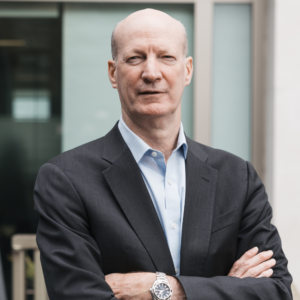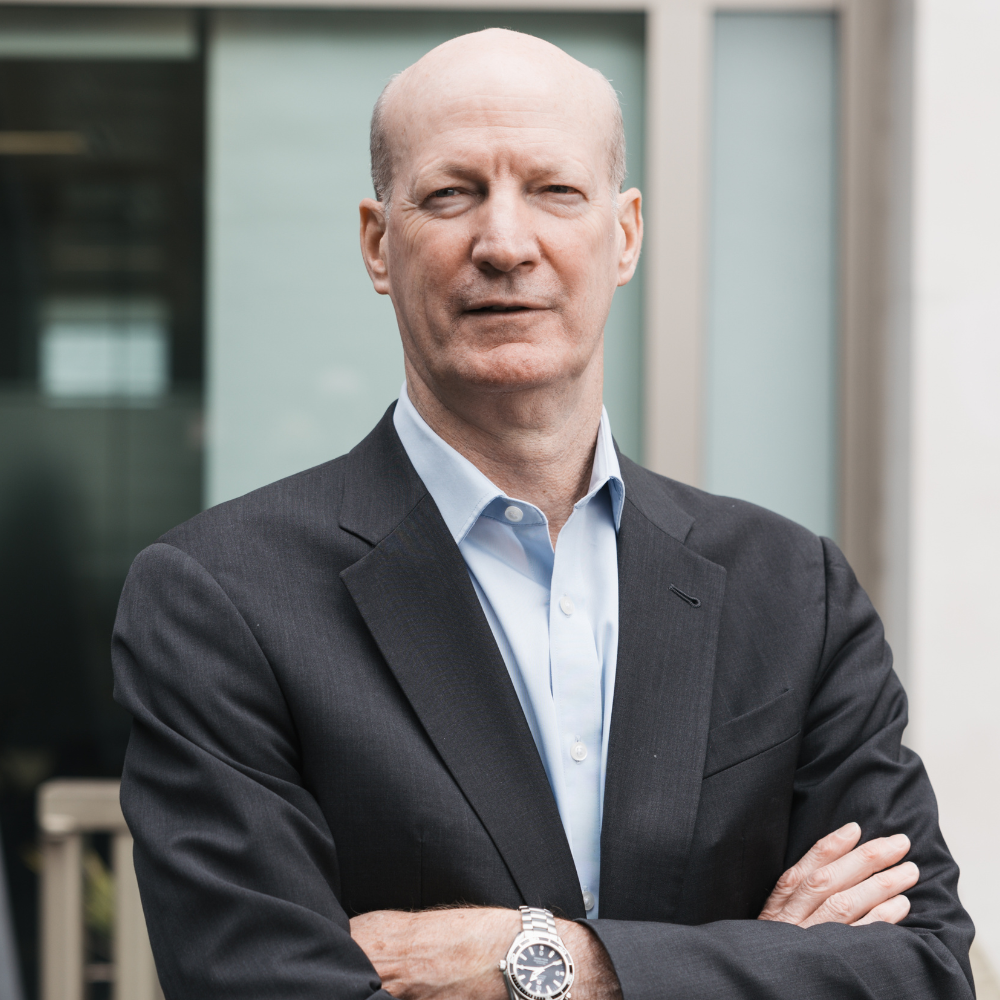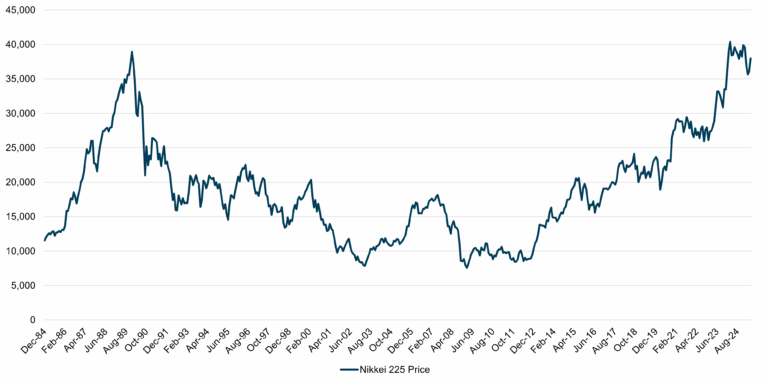- About Us
Trium Capital is a liquid alternatives asset manager specialising in launching and accelerating funds in partnership with carefully selected portfolio managers.
- Our Strategies
Our experienced teams manage a suite of alternative strategies, carefully selected to suit a wide set of investment objectives.
- ESG & Sustainability
Trium is dedicated to achieving the best possible risk-adjusted returns for its investors, and believes that Responsible Investment (“RI”) and Environmental, Social and Governance (“ESG”) are important factors to consider when delivering this.
- Document Library
- Insights








